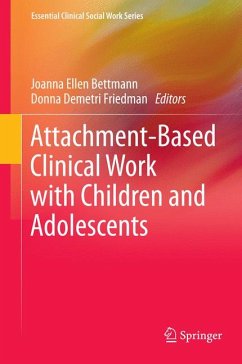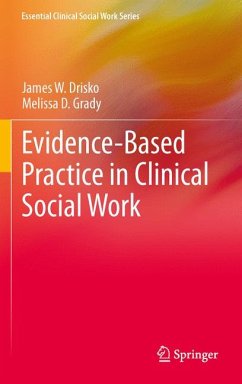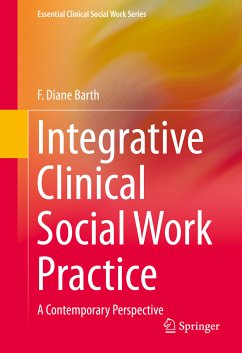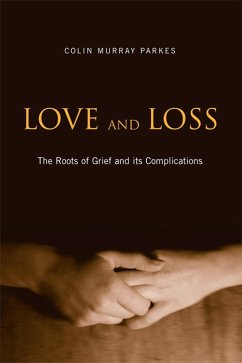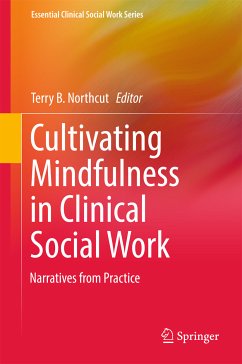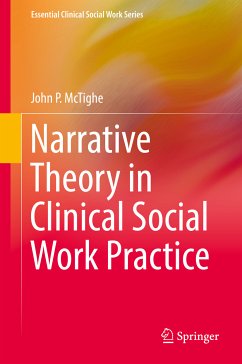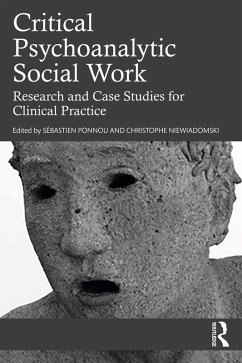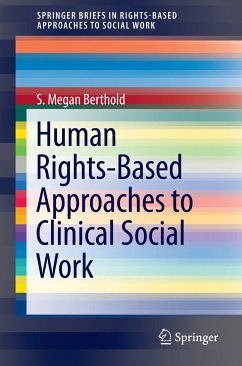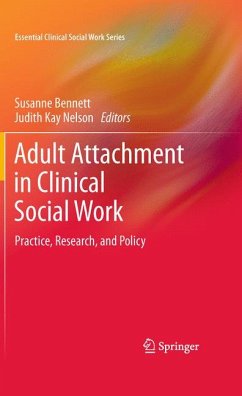
Adult Attachment in Clinical Social Work (eBook, PDF)
Practice, Research, and Policy
Redaktion: Bennett, Susanne; Nelson, Judith Kay
Versandkostenfrei!
Sofort per Download lieferbar
68,95 €
inkl. MwSt.
Weitere Ausgaben:

PAYBACK Punkte
34 °P sammeln!
The applicability of attachment theory and research to social work and social policy relating to infants and children is well-established. Yet, its usefulness for enhancing the understanding of adults and their needs, both individually and as a group, has been less featured in the attachment literature.Adult Attachment in Clinical Social Work Practice is a wide-ranging look at attachment theory and research, its application to adults, and its natural fit with the social work profession. This edited volume covers the applicability of adult attachment theory to the clinical social work professio...
The applicability of attachment theory and research to social work and social policy relating to infants and children is well-established. Yet, its usefulness for enhancing the understanding of adults and their needs, both individually and as a group, has been less featured in the attachment literature.
Adult Attachment in Clinical Social Work Practice is a wide-ranging look at attachment theory and research, its application to adults, and its natural fit with the social work profession. This edited volume covers the applicability of adult attachment theory to the clinical social work profession's various domains that include human behavior, practice, policy, research, and social work education. It addresses the broad spectrum of clinical social work, including practice in a variety of public and private settings and with a number of diverse populations, including racial-ethnic groups, gays and lesbians, trauma survivors, and child welfare parents. The book highlights the underemphasized contribution of the social work profession to the development of attachment theory and research.
Adult Attachment in Clinical Social Work Practice is a wide-ranging look at attachment theory and research, its application to adults, and its natural fit with the social work profession. This edited volume covers the applicability of adult attachment theory to the clinical social work profession's various domains that include human behavior, practice, policy, research, and social work education. It addresses the broad spectrum of clinical social work, including practice in a variety of public and private settings and with a number of diverse populations, including racial-ethnic groups, gays and lesbians, trauma survivors, and child welfare parents. The book highlights the underemphasized contribution of the social work profession to the development of attachment theory and research.
Dieser Download kann aus rechtlichen Gründen nur mit Rechnungsadresse in A, B, BG, CY, CZ, D, DK, EW, E, FIN, F, GR, HR, H, IRL, I, LT, L, LR, M, NL, PL, P, R, S, SLO, SK ausgeliefert werden.




